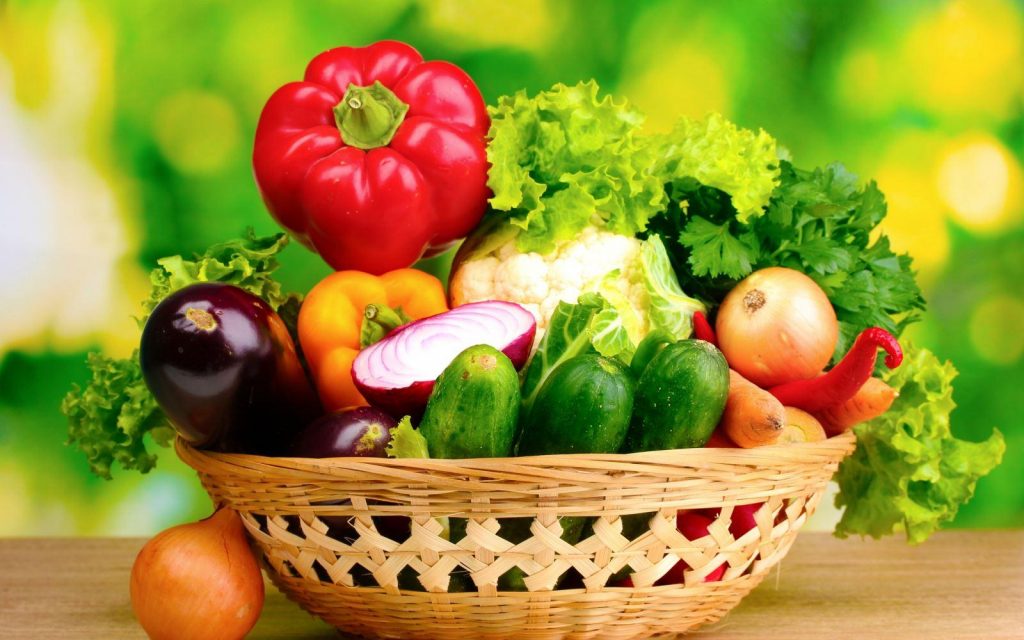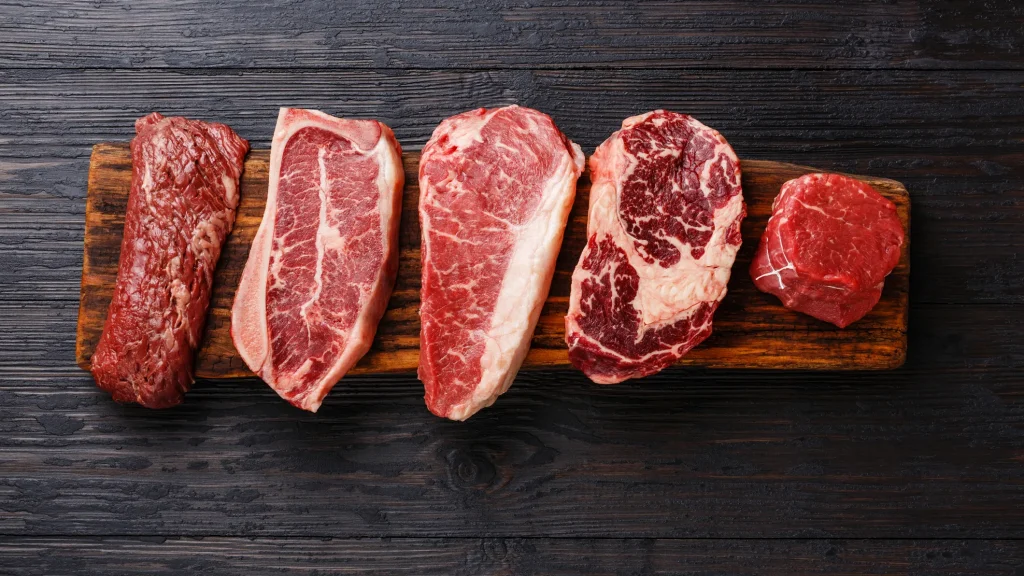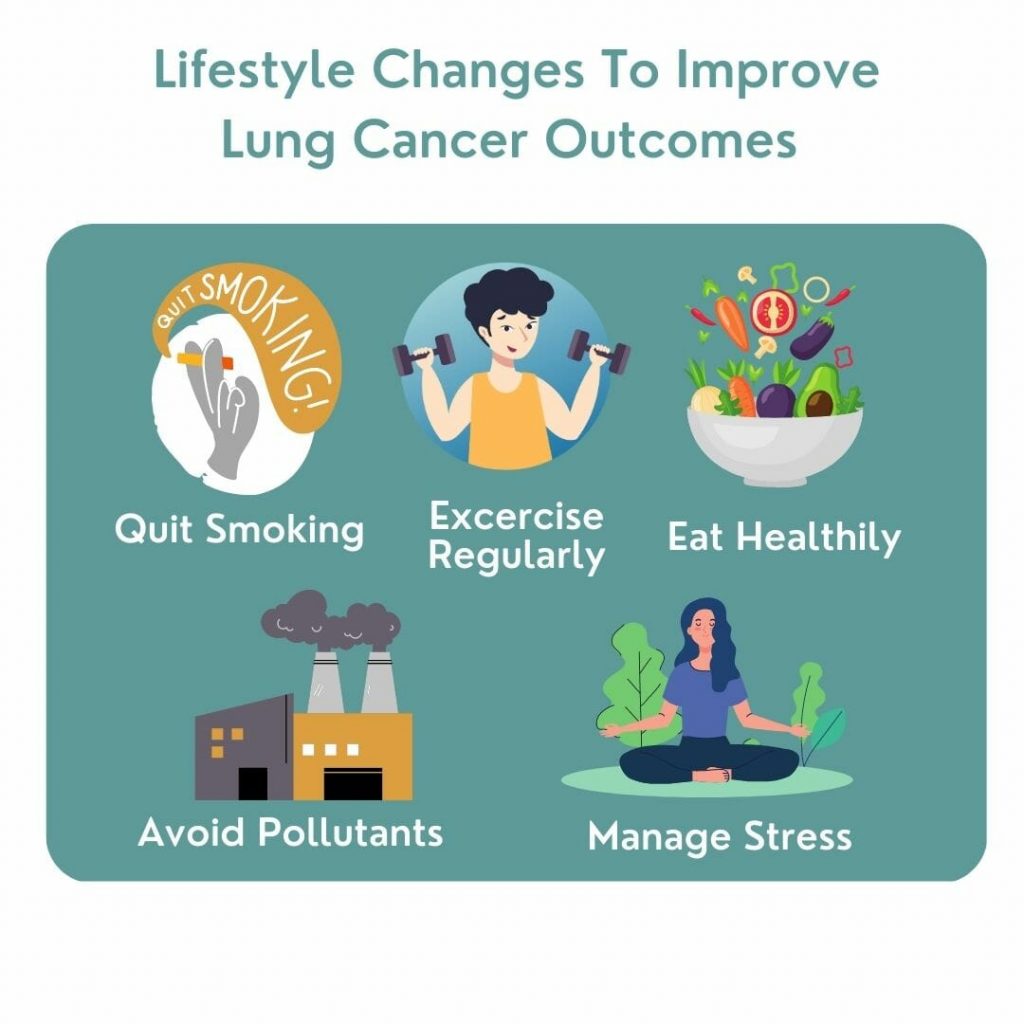Cancer is a global health concern that affects millions of people every year. While there are various risk factors for cancer, including genetics, environmental exposure, and lifestyle choices, diet plays a crucial role in prevention. Research shows that consuming certain foods and avoiding others can significantly reduce the risk of developing cancer. A balanced diet rich in antioxidants, vitamins, and minerals can help protect cells from damage, while foods high in unhealthy fats, sugar, and processed ingredients can increase cancer risk.
In this article, we’ll explore cancer prevention through diet, including foods to eat and foods to avoid. Whether you’re looking to make small changes to your daily routine or fully overhaul your eating habits, understanding the power of nutrition can help lower your cancer risk. Let’s dive into the foods that can protect your health and the ones you should limit or avoid altogether.
1. Cancer-Fighting Foods to Include in Your Diet
Fruits and Vegetables
Fruits and vegetables are packed with antioxidants, vitamins, and fiber, all of which play a critical role in cancer prevention. Antioxidants neutralize harmful free radicals in the body, preventing them from causing cell damage that can lead to cancer. Some fruits and vegetables, such as berries, tomatoes, and leafy greens, are particularly rich in compounds that help prevent cancer.

- Berries: Blueberries, strawberries, and raspberries are loaded with antioxidants like flavonoids and vitamin C. These compounds have been shown to reduce the growth of cancer cells and inhibit the spread of tumors.
- Cruciferous Vegetables: Broccoli, cauliflower, cabbage, and Brussels sprouts contain sulfur-rich compounds called glucosinolates. These compounds have been linked to a lower risk of cancer, particularly breast, prostate, and lung cancers.
- Leafy Greens: Spinach, kale, and collard greens are rich in folate, a B vitamin that helps repair DNA and prevent mutations that can lead to cancer. The high fiber content also supports digestive health, reducing the risk of colorectal cancer.
Whole Grains
Whole grains like brown rice, quinoa, barley, and oats are rich in fiber, which plays a key role in cancer prevention. Fiber helps maintain healthy digestion and can reduce the risk of colorectal cancer. Additionally, whole grains contain a variety of phytochemicals and antioxidants that protect cells from oxidative damage.
- Oats: Oats contain beta-glucans, a type of soluble fiber that may lower the risk of colorectal cancer by promoting a healthy gut microbiome and improving digestion.
- Quinoa: Quinoa is an excellent source of plant-based protein and contains antioxidants such as flavonoids, which have been shown to have anti-inflammatory and cancer-protective properties.
Nuts and Seeds
Nuts and seeds are rich in healthy fats, antioxidants, and essential nutrients that support overall health and may help protect against cancer. Almonds, walnuts, flaxseeds, and chia seeds contain omega-3 fatty acids and plant compounds that reduce inflammation and oxidative stress.
- Walnuts: Studies suggest that walnuts may help prevent cancer by reducing inflammation and inhibiting the growth of cancer cells. They are particularly beneficial for breast and prostate cancer prevention.
- Flaxseeds: Flaxseeds contain lignans, a type of phytoestrogen that may reduce the risk of hormone-related cancers such as breast and prostate cancer.
Garlic and Onions
Garlic and onions belong to the allium family, which has been shown to have anti-cancer properties. These foods contain sulfur compounds, such as allicin, that help detoxify the body and fight inflammation. Regular consumption of garlic and onions may help reduce the risk of various cancers, particularly stomach, colorectal, and breast cancer.
- Garlic: Research has shown that garlic can inhibit the growth of cancer cells and prevent the spread of tumors. It also boosts the immune system, helping the body fight off abnormal cells before they can become cancerous.
- Onions: Onions are rich in antioxidants and sulfur compounds that can reduce the risk of cancer by helping detoxify the body and supporting immune function.
2. Foods to Avoid for Cancer Prevention
While certain foods can reduce the risk of cancer, others can increase it. A diet high in processed foods, unhealthy fats, and added sugars can contribute to chronic inflammation, obesity, and hormonal imbalances, all of which are linked to an increased risk of cancer. Let’s take a look at the foods you should limit or avoid to reduce your cancer risk.
Processed Meats
Processed meats, such as bacon, sausages, hot dogs, and deli meats, are known carcinogens. Studies have linked these foods to an increased risk of colorectal, stomach, and pancreatic cancer. Processed meats often contain harmful chemicals like nitrates and nitrites, which can damage cells and promote the growth of cancerous cells.
- Bacon and Sausages: These meats contain added preservatives and sodium, which can contribute to high blood pressure, heart disease, and cancer. Regular consumption of processed meats is strongly associated with an increased risk of colorectal cancer.
Red Meat
Red meat, including beef, pork, and lamb, has been linked to an increased risk of colorectal, pancreatic, and prostate cancers. When red meat is cooked at high temperatures, such as grilling or barbecuing, it can form harmful compounds called heterocyclic amines (HCAs) and polycyclic aromatic hydrocarbons (PAHs), which have been shown to damage DNA and promote cancer growth.

- Beef and Pork: While red meat is a good source of protein, it’s best to limit your intake. Consider substituting with plant-based protein sources such as beans, lentils, and tofu to reduce cancer risk.
Refined Sugars and Processed Foods
Foods high in refined sugars and processed ingredients, such as sugary snacks, soft drinks, and baked goods, can contribute to obesity and insulin resistance, both of which are risk factors for cancer. Excess sugar consumption can also cause chronic inflammation, which is linked to the development of several types of cancer.
- Sugary Beverages: Soft drinks and fruit juices that are high in sugar can increase the risk of obesity and insulin resistance, both of which are strongly associated with a higher risk of cancer, particularly breast, liver, and colorectal cancers.
- Packaged Snacks: Processed snacks like chips, cookies, and crackers are often high in unhealthy fats and refined carbohydrates. These foods contribute to weight gain and inflammation, both of which increase cancer risk.
Alcohol
Excessive alcohol consumption is a major risk factor for several types of cancer, including liver, breast, colorectal, and esophageal cancer. Alcohol can damage the cells lining the digestive tract, leading to inflammation and genetic mutations that can promote cancer growth. It also interferes with the body’s ability to absorb essential nutrients and antioxidants that help protect against cancer.
- Limit Alcohol: While moderate alcohol consumption may not be as harmful, it’s best to limit your intake. If you choose to drink, keep it to no more than one drink per day for women and two for men.
Fried and Grilled Foods
Fried and grilled foods, especially those cooked at high temperatures, can form harmful compounds that increase cancer risk. When oils are heated to high temperatures, they can produce acrylamide and other carcinogenic substances. These foods, while tasty, should be consumed in moderation.
- Fried Foods: French fries, fried chicken, and other deep-fried foods contain trans fats, which increase inflammation and may contribute to cancer cell growth.
- Grilled Meats: When meats are grilled or charred, they produce HCAs and PAHs, compounds that can damage DNA and increase cancer risk. It’s best to grill meat at lower temperatures and avoid charring it.
3. Other Healthy Habits for Cancer Prevention
While diet is a significant factor in cancer prevention, adopting a healthy lifestyle overall can further reduce your risk. Here are a few additional habits to incorporate into your routine:

- Exercise Regularly: Physical activity helps maintain a healthy weight and reduces the risk of cancers associated with obesity, such as breast, colorectal, and uterine cancer. Aim for at least 30 minutes of moderate exercise most days of the week.
- Quit Smoking: Smoking is the leading cause of lung cancer and is also linked to several other types of cancer, including mouth, throat, and bladder cancer. Quitting smoking is one of the best ways to reduce your cancer risk.
- Get Regular Screenings: Regular screenings for breast, cervical, colorectal, and prostate cancer can help detect cancer early, when it is most treatable. Talk to your healthcare provider about the screenings that are right for you.
Conclusion
Cancer prevention starts with the choices you make each day. A healthy diet rich in fruits, vegetables, whole grains, and healthy fats can significantly reduce your cancer risk, while avoiding processed meats, sugary foods, and excessive alcohol consumption can further protect your health. By making small changes to your diet and lifestyle, you can take proactive steps toward cancer prevention and overall well-being. Remember, a balanced and nutritious diet is one of the most powerful tools you have to protect yourself against cancer.

Leave a Reply